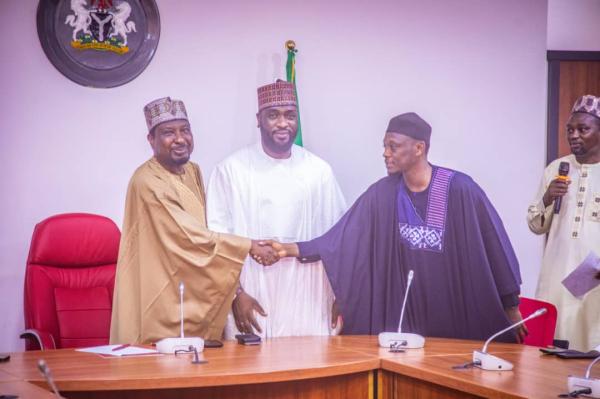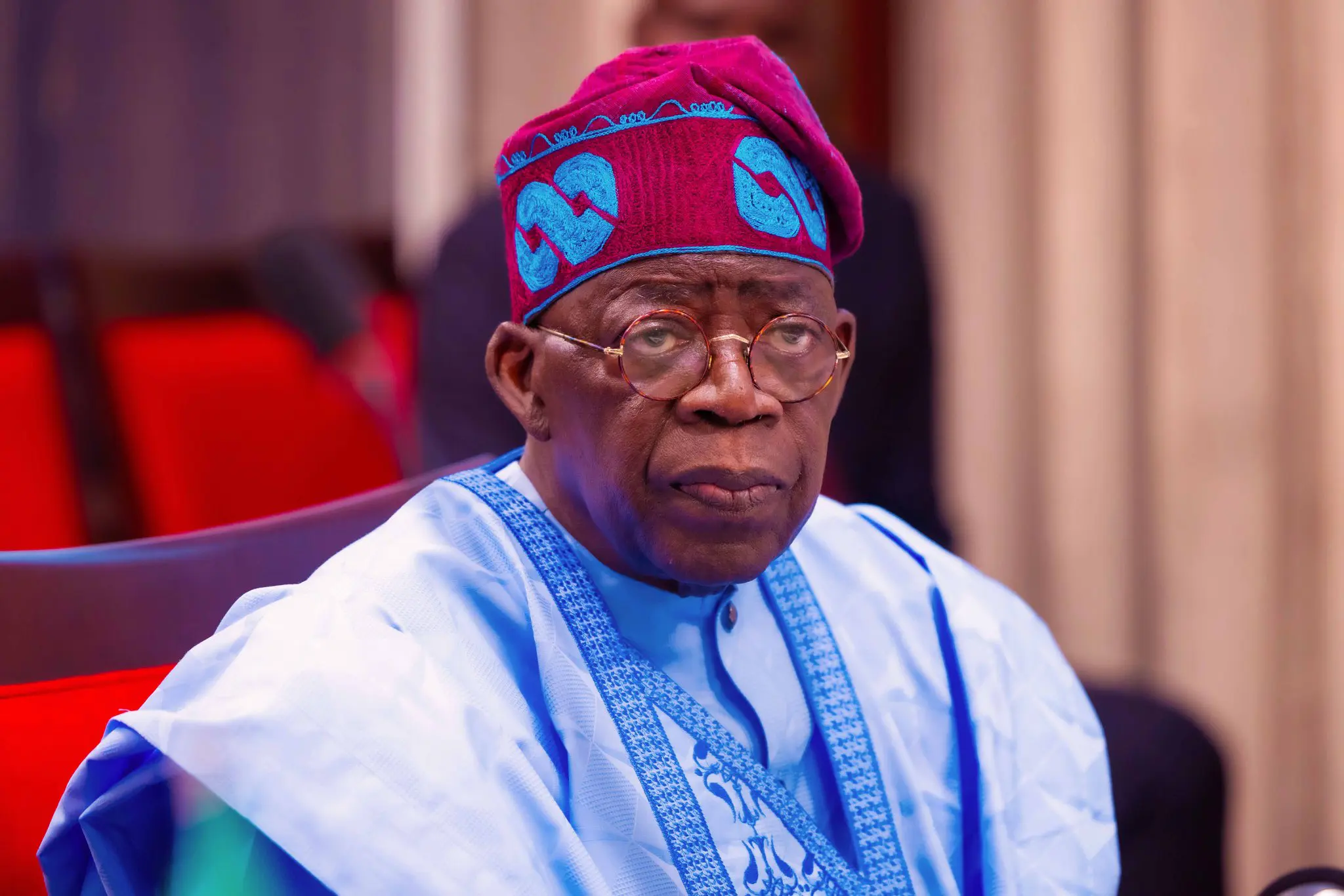
Following widespread reactions to the pardon list, Maryam Sanda sentenced to death in 2020 for the culpable homicide of her husband Bilyaminu Bello, President Bola Tinubu has revoked the pardon and reversed her sentence to 12 years.
This was disclosed in an official statement released by the Special Adviser to the President on Information and Strategy, Bayo Onanuga, on Wednesday.
According to the statement, Sanda, who had already spent six years and eight months at the Suleja Medium Security Custodial Centre, will now spend approximately six additional years in jail after getting an approved term on compassionate grounds.
It read, “Maryam Sanda, whose offence was culpable homicide, sentenced on 27/01/2020 with death by hanging, has served six years and eight months at the Medium Security Custodial Centre (MSCC), Suleja will now serve 12 years based on compassionate grounds, in the best interest of the children and good conduct, embraced a new lifestyle, model prisoner and remorsefulness.”
In the statement titled “reduced terms”, the explanatory note stressed that the beneficiaries whose names were listed therein were in pursuance of section 175 of the 1999 Constitution of the Federal Republic of Nigeria (as amended).
The beneficiaries included 37-year-old Sanda, Harunah Isah (35), Mamman Ibrahim (50), Sanusi Adamu (28), Sadi Musa 20, Sabiyu Aliyu, Halliru Sani (18), and 79 others.
Meanwhile the Attorney General of the Federation and Minister of Justice, Prince Lateef Fagbemi (SAN) stated tha, the presidential pardon earlier released that granted Sanda and others clemency has been reviewed following consultations with the Council of State.
Fagbemi said that the President received concerns on the recommended list and consequently initiated a due process review.
The statement partly read, “It is to be recalled that following consultations with the Council of State, the President received concerns on the recommended list and consequently initiated a due process review. This exercise has been completed and approved by the President. This exercise was to ensure that only persons who met stipulated legal and procedural requirements would benefit from the prerogative of mercy.
“During this final review, few persons earlier recommended were found not to have met the necessary requirements and were accordingly delisted, while in some other cases, sentences were reviewed and reduced to reflect fairness, justice, and the spirit of the exercise.
“This exercise underscores the President’s desire to balance justice with compassion and the belief that justice must not only punish, but also reform and redeem. The review was undertaken with meticulous commitment to due process to reinforce the administration’s broader commitment to justice reform and humane correctional practices in line with international standards.”
The Minister of Justice also disclosed that President Tinubu has directed the immediate relocation of the Secretariat of the Presidential Advisory Committee on Prerogative of Mercy from the Federal Ministry of Special Duties to the Federal Ministry of Justice.
“To ensure that future exercises meet public expectations and best practices, the President has directed the immediate relocation of the Secretariat of the Presidential Advisory Committee on Prerogative of Mercy from the Federal Ministry of Special Duties to the Federal Ministry of Justice.
“The President has further directed the Attorney-General of the Federation to issue appropriate Guidelines for the Exercise of the Power of Prerogative of Mercy, which includes compulsory consultation with relevant prosecuting agencies.
“This will ensure that only persons who fully meet the stipulated legal and procedural requirements will henceforth benefit from the issuance of instruments of release,” the statement added.
CEOAFRICA earlier reports that Tinubu granted Sanda a pardon because her family pleaded for her release, arguing that it was in the best interest of her two children.
The pardon was part of a larger decision to grant clemency to 175 Nigerians and foreigners, including notable figures such as the late environmental activist Ken Saro-Wiwa, Major General Mamman Vatsa, and other members of the “Ogoni Nine”.
Nevertheless, the pardon was greeted by a backlash from opposition parties and political figures, including the African Democratic Congress and former Vice President Atiku Abubakar, who condemned Tinubu’s decision to grant presidential pardons to dozens of convicted criminals, including drug traffickers, describing the move as a grave setback to Nigeria’s anti-drug campaign and a dangerous affront to justice and morality.






















